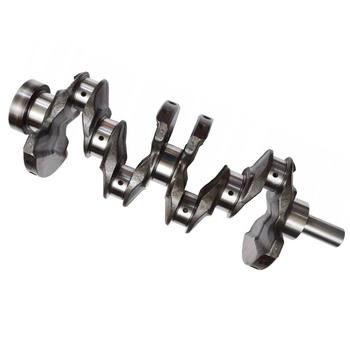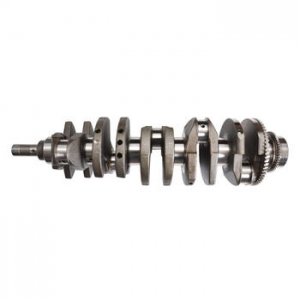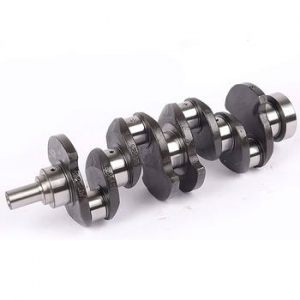The Importance of Crankshaft Machining Tolerances
When it comes to engine performance, even the smallest details matter. One such detail is crankshaft machining tolerances – the allowable deviations during the manufacturing process. To be honest, these tolerances play a crucial role in determining an engine's overall performance, efficiency, and longevity.
Understanding Tolerance Levels
So, what exactly are machining tolerances? In simple terms, they're the acceptable limits for deviations from a part's ideal dimensions. For crankshafts, these tolerances apply to various aspects, including journal diameters, main bearing alignments, and surface finishes.
The Role of Precision Engineering
Precision engineering is all about meeting those tight tolerance levels. It involves using advanced techniques and equipment to ensure each crankshaft is manufactured as closely as possible to its design specifications. Interestingly enough, modern precision engineering can achieve tolerances within just a few microns – that's less than a thousandth of a millimeter!
You might wonder, why does this level of precision matter? Well, it turns out that even minor deviations can have significant effects on an engine's operation. For instance, excessive clearance between the crankshaft journals and bearings can lead to increased friction, heat, and wear. On the other hand, insufficient clearance might result in metal-to-metal contact, potentially causing severe damage.
Actionable Tips for Optimal Results
Now that you understand the importance of crankshaft machining tolerances, here are some practical tips to help you achieve optimal results:
- Invest in quality equipment: High-precision machining requires top-notch tools. Consider upgrading your equipment to ensure accurate and consistent results.
- Implement rigorous quality control measures: Regularly inspect your crankshafts to verify they meet the required tolerances. This can help you catch any issues early on and prevent costly rework or failures.
- Partner with experienced professionals: If you're not an expert in precision engineering, consider working with a reputable company that specializes in crankshaft machining. Their expertise can be invaluable in achieving the exacting tolerances your engine needs.
In Conclusion
As we've seen, crankshaft machining tolerances significantly impact engine performance. By focusing on precision engineering and adhering to strict tolerance levels, you can ensure your engines deliver the power, efficiency, and reliability you need. So, the next time you're working on an engine project, remember: the devil is in the details!




